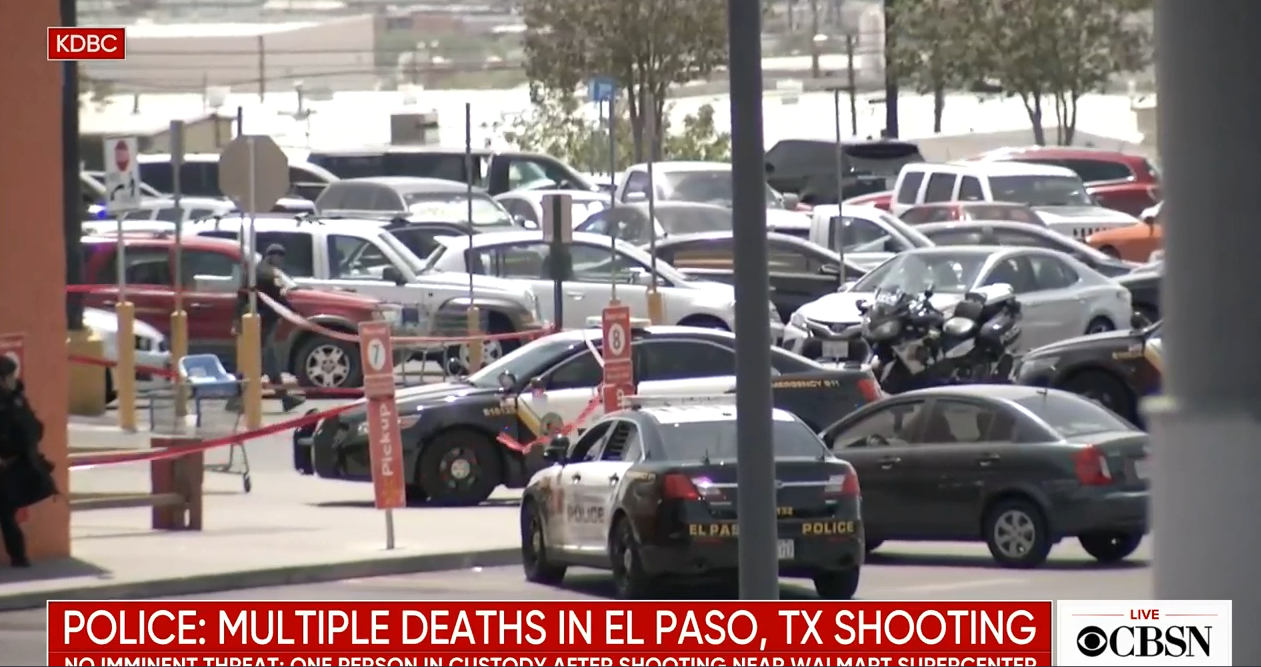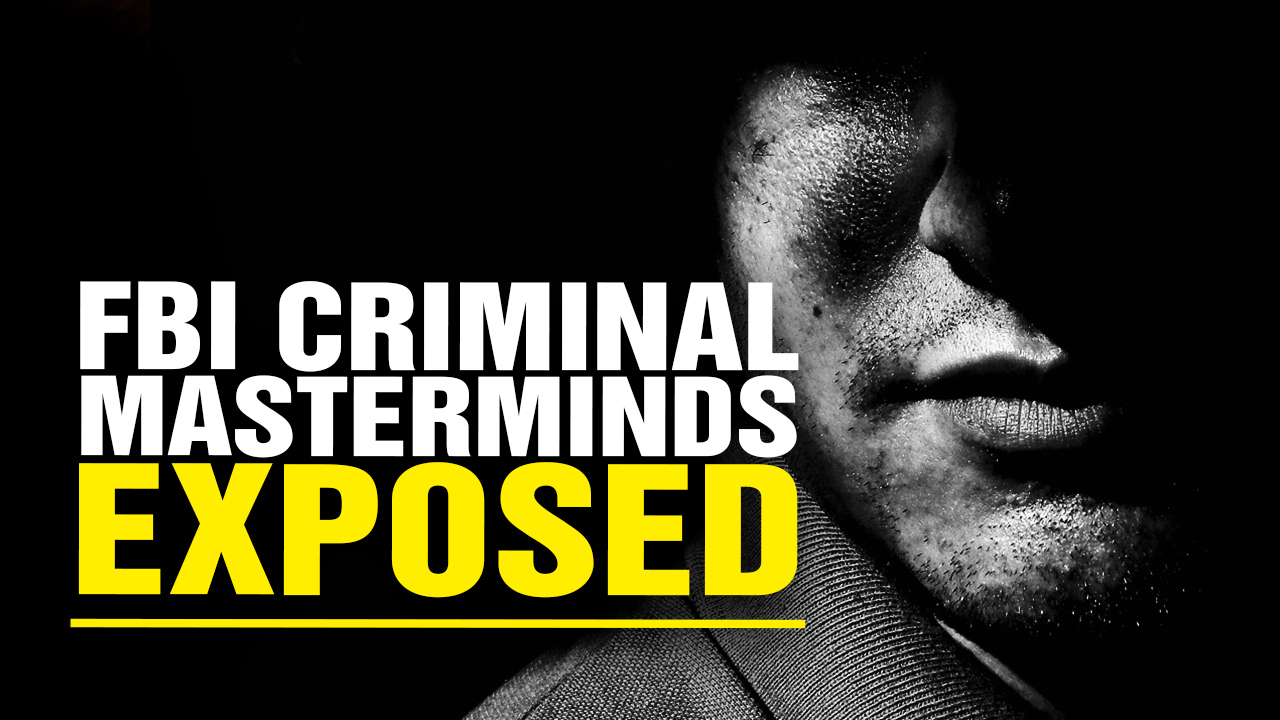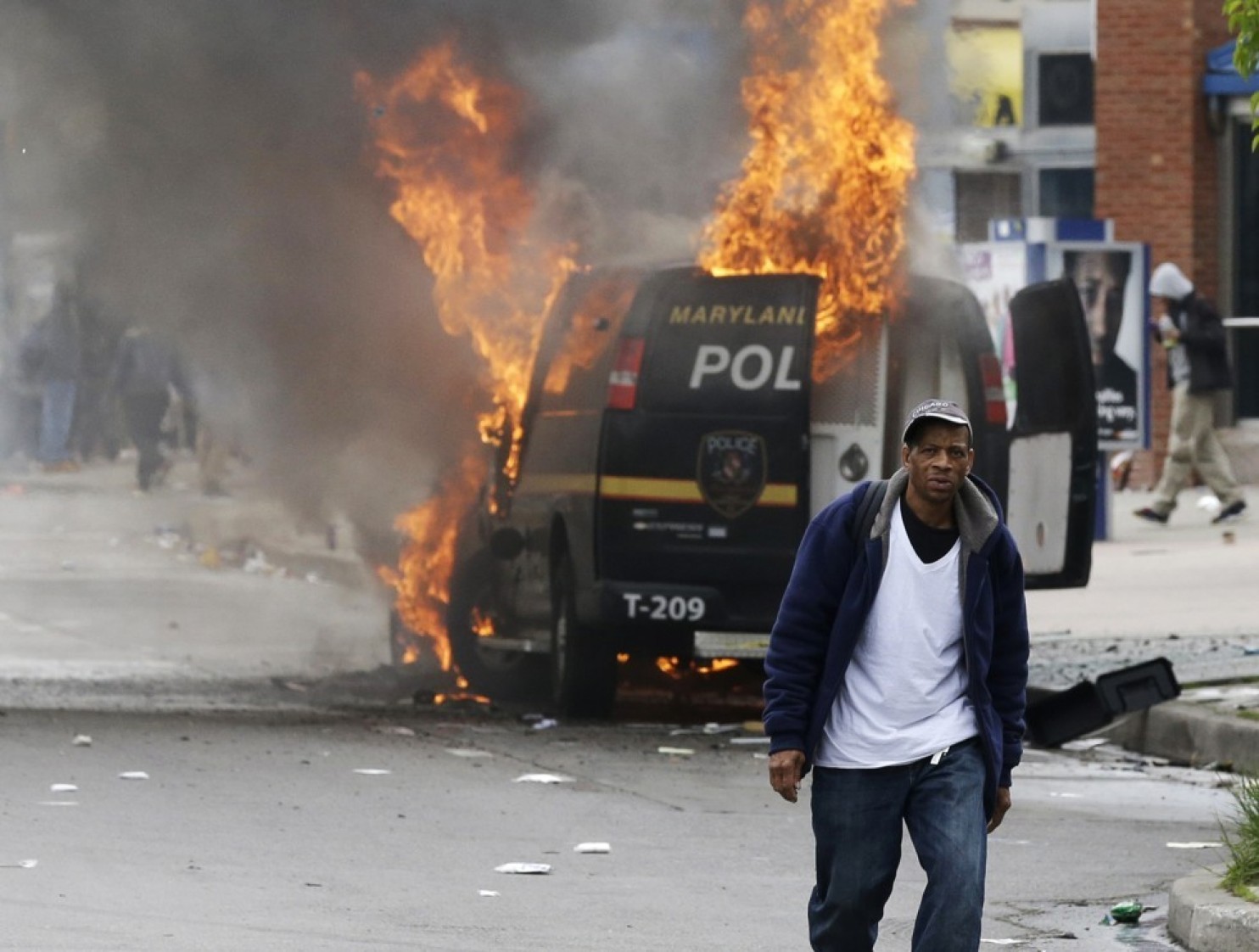Autistic teen shot by cops; good cop who refused to cover it up now threatened by the city of Chicago
03/13/2019 / By Isabelle Z.

Last week, Sergeant Isaac Lambert filed a whistleblower lawsuit against the city of Chicago over his treatment within the police department after refusing to cover up a police shooting involving a developmentally disabled young man. It’s one of many incidents in recent years that has cast a negative light over the Chicago Police Department and the conduct of its officers.
The victim of the shooting was 18-year-old Ricardo Hayes, who was shot by an off-duty police sergeant, Khalil Muhammad, in 2017. The autistic man had somehow left his house that evening and gotten lost; his caretaker had reported him missing a few hours prior to the incident. Because of his limited mental capacity, his behavior might have seemed odd to the officer, but video footage shows it wasn’t threatening.
Muhammad told a dispatcher in a 911 recording: “The guy pulled, like he was about to pull a gun on me, walked up to the car and I had to shoot.”
However, the surveillance video taken from a nearby home tells a different story. Hayes can be seen stopping in front of a home and standing there as he is approached by Muhammad in an unmarked personal vehicle. When he starts to move again, the off-duty officer fires on him from inside his truck. Hayes never had a gun and appeared to be shot by Muhammad in “drive-by fashion.”
An attorney for the victim said that the young man, who was unarmed, didn’t do anything wrong and hadn’t broken any laws, nor had he initiated contact with the officer. Moreover, he said that his disabilities are “immediately recognizable” and that he appears much younger than his actual age.
Hayes was shot in the chest and arm, and when he was later brought to the police station after being released from the hospital, the situation became even worse. According to Lambert’s lawsuit, detectives working on the case disagreed about what to do with the victim. Some detectives wanted to charge him with aggravated assault on a police officer to corroborate Muhammad’s claim that Hayes had threatened him. Lambert disagreed, based on the facts of the case and an assessment of the victim’s disability, and ordered Hayes to be released without charges. He said Muhammad did not give him “a coherent or believable explanation” for shooting Hayes.
Lambert said the department pressured him to classify the shooting as an aggravated assault to a police officer and change labels in the police report calling Hayes the “person reporting offense,” which he believes was an attempt on their part to make the shooting appear justified. Refusing to take part in the cover-up, he submitted the report without making the changes. Days after submitting the final report, he was reassigned to the patrol division in what appears to be retaliation for not participating in the cover-up.
The lawsuit alleges the police department’s actions were a violation of the Illinois Whistleblower Act. The suit claims that high-ranking officials tried to mischaracterize the investigation’s findings and conclusion. Lambert is asking to be reinstated as a detective and requesting $50,000 in damages.
In a press conference, he said: “They wanted me to have some reports changed to fit the narrative that they wanted. They wanted this kid to be charged with aggravated assault, and the elements just weren’t there.”
Corruption rampant in Chicago Police Department
This type of story is all too common in the Chicago Police Department. In 2015, a pair of officers were retaliated against by fellow officers after uncovering massive corruption in their departments, which led to other officers being arrested. They were given dead-end roles and were threatened with “going home in a casket;” others in their department said they were told that no one should back them up should they find themselves in danger and call for backup.
One of the officers involved, Shannon Spalding, said: “The code of silence is so strong, the fear of what will happen to you is so strong, that nobody wants to come forward.”
The department is also dealing with a huge corruption scandal in which officers regularly shook down residents of a housing project and framed dozens of people for crimes they didn’t commit.
Sources for this article include:
Tagged Under: abuse of power, autism, Chicago, Chicago Police Department, corruption, evil, police corruption, police shooting, police state, police tyranny, shooting, Twisted, violence, Whistleblowers
RECENT NEWS & ARTICLES
COPYRIGHT © 2017 TWISTED.NEWS
All content posted on this site is protected under Free Speech. Twisted.news is not responsible for content written by contributing authors. The information on this site is provided for educational and entertainment purposes only. It is not intended as a substitute for professional advice of any kind. Twisted.news assumes no responsibility for the use or misuse of this material. All trademarks, registered trademarks and service marks mentioned on this site are the property of their respective owners.




















